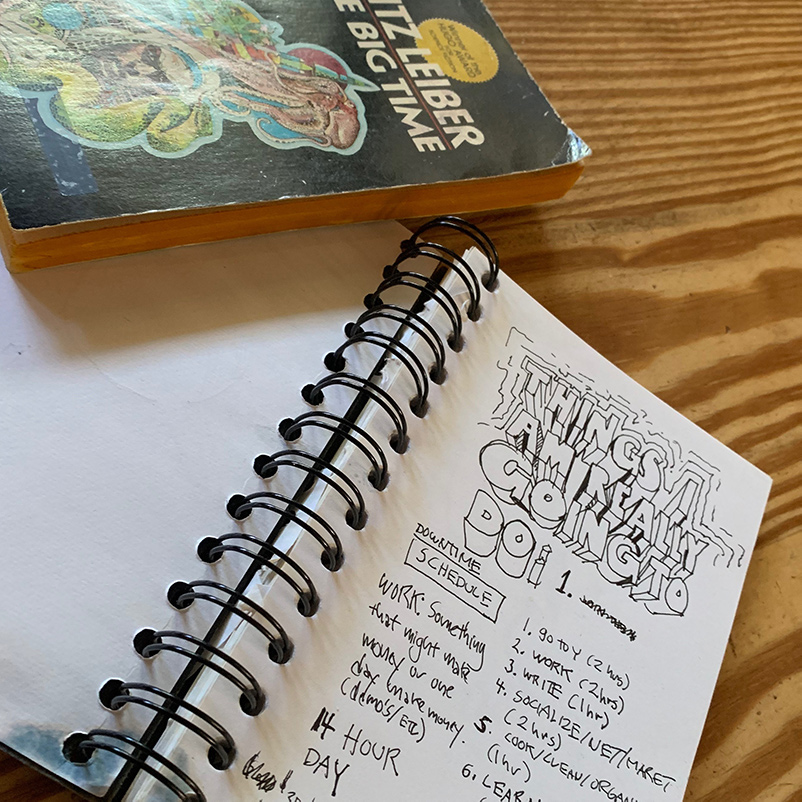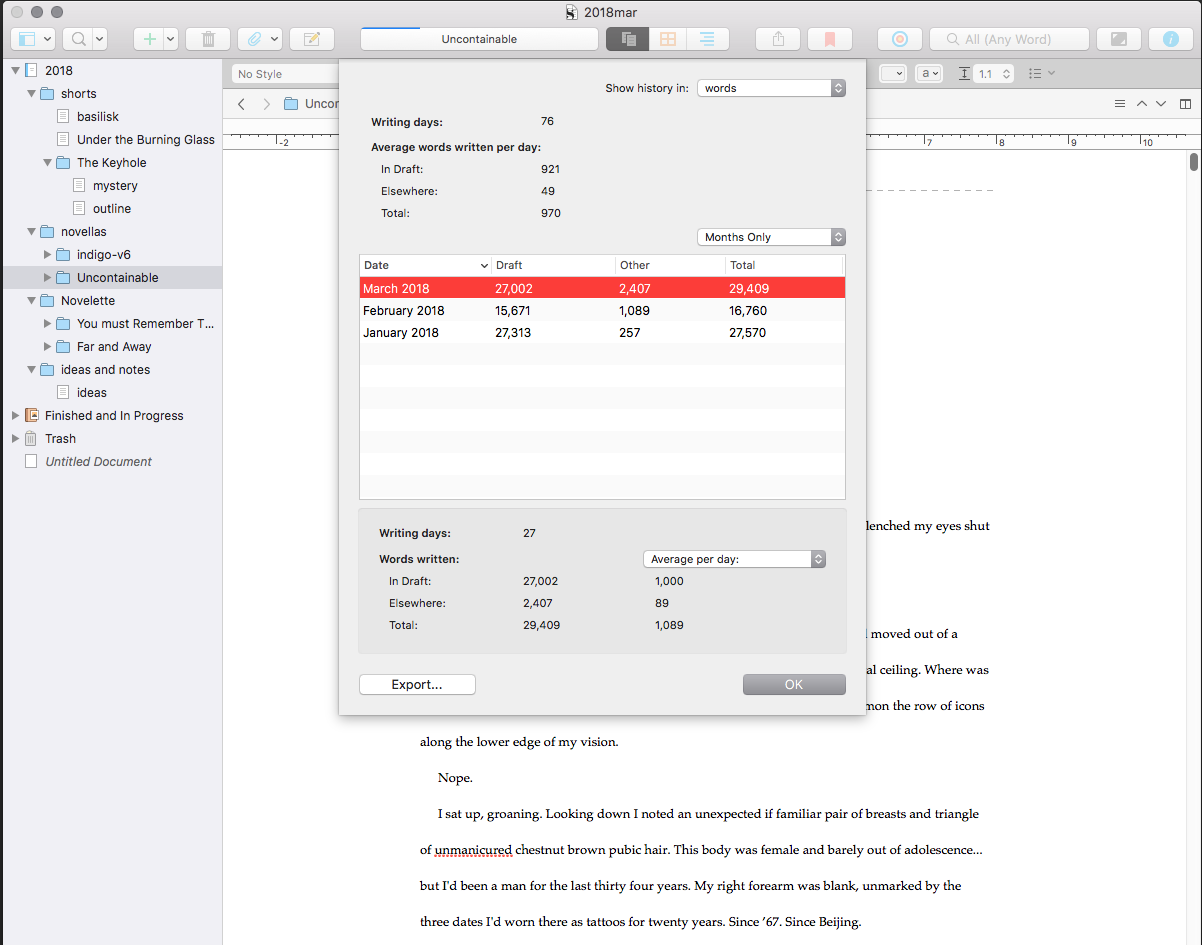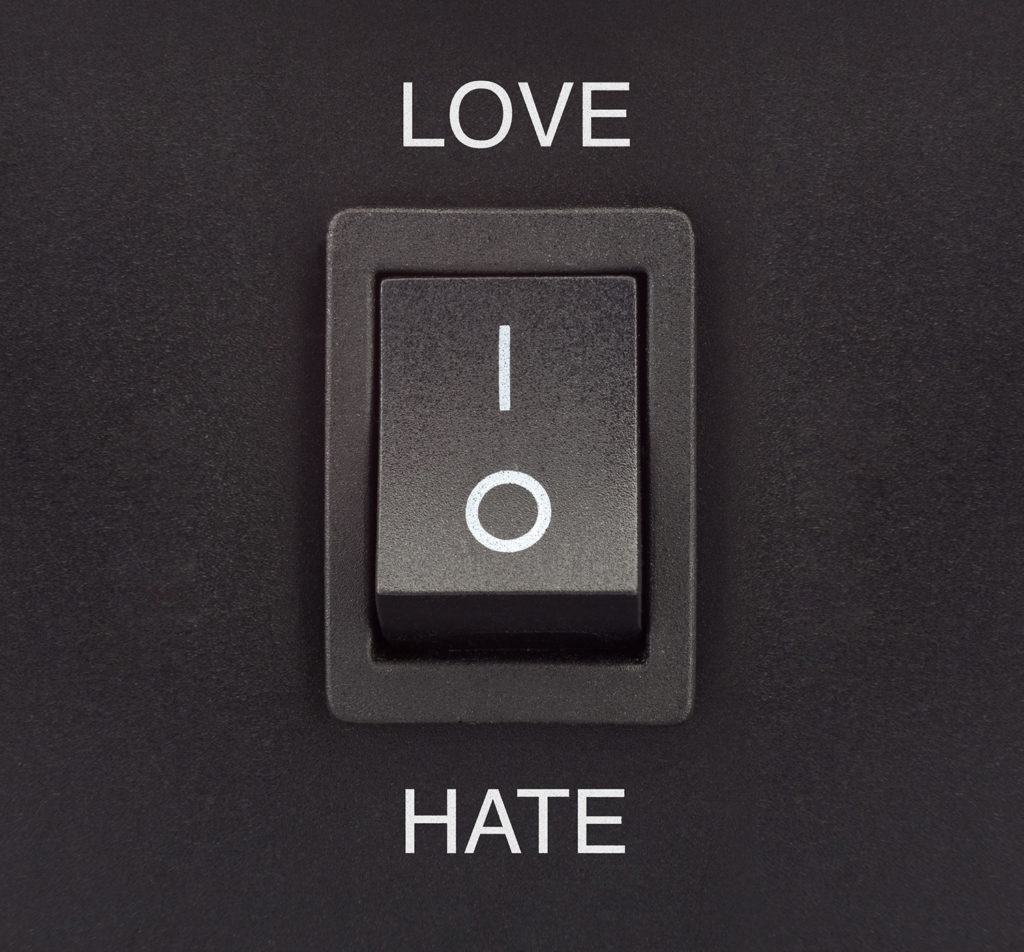
One of the hardest things to hear as a beginning writer entering a critical process (with work shoppers, teachers, or editors) is that anyone hates your characters.
It’s even worse when they hate your main character. (MC or POV.) It’s even worser still when likability isn’t their arc; they aren’t supposed to become likable; you though they were already.
I’ve written about this before. But it is a fruitful question.
One of the things writing can reveal is the subjective quality of your own introspection, that is to say, when compared to others.
Specifically, I’m talking about your particular flavor of negativity bias.
One of the problems is that many brains interpret negativity bias as TRUTH. When someone hates your character for articulating in their internal monolog or spoken dialog strong negativity, a common response, for the writer, is to think, “shit, that’s just true. What the fuck is wrong with (this reader) (me)(my writing)( the entire fucking universe, oh God, I’m going to binge watch old episodes of Columbo.)
Relentless negativity bias is exhausting to those that aren’t used to it.
Genre is a sort of flag that tells us how much negativity we are expected to wade through while still empathizing with a character. Of course, great writers can get away with defying these conventions, but I’m not talking about Great Writers. I’m talking about you.
And me.
See what I did there? Did you flinch? Did you agree with me at some level, that we are both not great, and then did you get pissed off and depressed? Because writing about writing is supposed to build you up, not tear you down? Because that is the genre convention?
Most genre characters are slightly idealized and simplified. Especially the ones we are meant to like or inhabit.
It doesn’t have to be much. But a single truly offbeat detail can prevent something from being publishable. A single thought. A single action–on the page.
And we fucking hate your POV. And probably? If you hadn’t written the thing?
So would you. But you don’t see that. Not without help.
I had a friend, a dog person, a very sweet person, who hated Cats. When we saw one outdoors, she would make a little hand-gun, and shoot at it, making the little hand gun POW noise. This person was super supportive of me. But I have cats. I’m allergic to dogs.
At one point I had to tell her, “fucking knock that shit off.” She was driving me nuts.
I can’t say that to a character in a book. At some point I stop wanting to hang out with them. So I stop reading.
Hand gunning cats wasn’t her most salient personality trait. It’s just a detail. But it derailed me.
I think horror characters can be more perfectly realistic… and of course Literature is the place where characters are permitted to be totally realistic. This is one reason so many people hate Literature. (Capital L.) This is probably why Amazon kindle data reveal that most people don’t actually finish literary best sellers.
Of course, they read every word of series genre novels written by not-great writers like you and me. Assuming we get the fucking hang of it. Nobody buys book 5 if they didn’t get through book 4.
Moving on…
Modern audiences, young people, are also often more and more intolerant of stupid opinions and unkind or irrational feelings in anyone. Even a villain. They don’t want to experience that kind of self-talk. They find it damaging and infuriating.
But… Villains can be more realistic too, which is one of the reasons why some people empathize with them. Think of the people who never break with Walter White of Breaking Bad. They bond to him early, when his morality is ambiguous, and stick with him to the bitter end. Some readers are like that.
But many of us want heroes so badly we don’t care about realism. Or, rather, we enjoy a judicious editing that screens us from some realistic negative self talk. Self loathing. Cynicism. Pessimism. Nihilism.
We will put up with slightly boring heroes too. Second bananas and villains will steal the stage.
Don’t worry. You’re doing it right. (I mean, given that you’re not great. Hah. Ouch. SHUT UP!)
Inserting ‘positive’ stuff about your POV may feel fake, un-truthful, but remember the research–you are editing that stuff out. It’s actually in there. People are mixtures of good and bad. The parts you put down on the page are decisions you make.
Those decisions guide readers about the kind of story you are telling.
They can make or break a story.
They lie at the heart of enjoyability. Of what is and what isn’t entertaining.
Whether you are writing literature with a capital L or not.
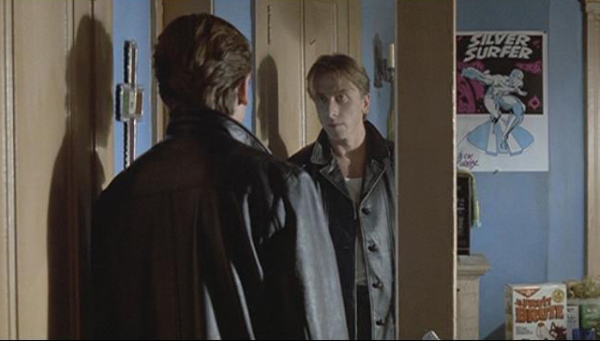

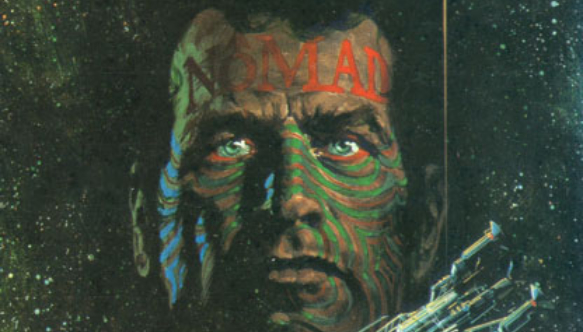
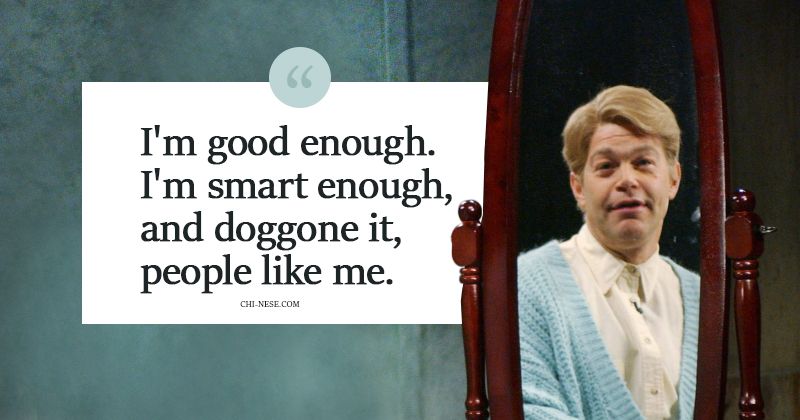
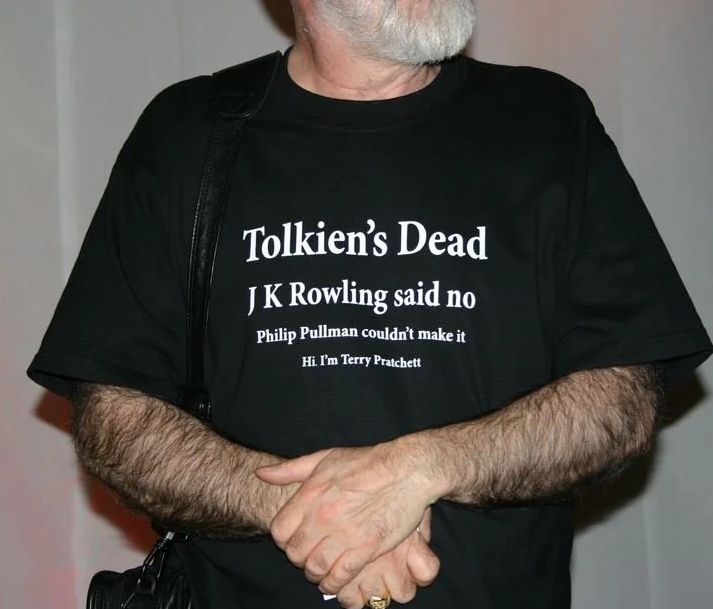

 After invoking the ‘10,000 hours to mastery’ thing a few times, a friend has pointed out, with characteristic grandmotherly kindness, that Malcom Gladwell’s idea is, in a word, non-scientific. Or rather, wrong.
After invoking the ‘10,000 hours to mastery’ thing a few times, a friend has pointed out, with characteristic grandmotherly kindness, that Malcom Gladwell’s idea is, in a word, non-scientific. Or rather, wrong.